When I left home on New Year’s Eve, I had a picture in my head of what dairy farming in New Zealand would be like.
In some ways it is what I expected, but in many other ways it is totally different.
I knew the scale would be much bigger than you would get to see at home, but in my opinion In New Zealand they are more like factories rather than farms.
No other shed or machinery to be seen
I’m working on a family farm owned by David and Jude Letham on the South Island, and it is 510.64 hectares in size.
The farm milks just under 1,100 cows. These are three-quarters Friesian X and one quarter Jersey cows. They are known as ‘the Kiwi cow’.
The dairy cows alone run in two separate herds across a 300.51ha block.

The remainder of the land is used for rearing the younger stock and winter feed of kale and fodder beet, as all animals here are outwintered. Spring barley is sown and harvested as whole-crop silage, and some maize is also grown.
The yard on the farm is just a dairy shed and a big collecting yard out the back. No other shed or machinery to be seen.
Contractors
Now that I am two months into my placement, I can clearly see that the dairy industry in New Zealand is run like a tight ship.
It does not make sense to own a fertiliser spreader, any reseeding equipment or virtually any machinery. This is with the exception of a tractor and loader, and another tractor to work the silage feeder through the winter period.
When working with this size of a farm, it only makes sense to have all the land work contracted out.
The cost of machinery, repayments and extra staff would never justify doing it yourself.
Working out here isn’t all that different to home, just on a larger scale and in a lot nicer weather.
Peter McGuinness is an agricultural science student at WIT and is travelling as part of his professional work experience (PWE) programme. Peter is a winner of the Agricultural Science Association - PWE Travel Bursary Award which is supported by the Irish Farmers Journal and Glanbia.
Read more
Student blog: arriving on a New Zealand dairy farm
When I left home on New Year’s Eve, I had a picture in my head of what dairy farming in New Zealand would be like.
In some ways it is what I expected, but in many other ways it is totally different.
I knew the scale would be much bigger than you would get to see at home, but in my opinion In New Zealand they are more like factories rather than farms.
No other shed or machinery to be seen
I’m working on a family farm owned by David and Jude Letham on the South Island, and it is 510.64 hectares in size.
The farm milks just under 1,100 cows. These are three-quarters Friesian X and one quarter Jersey cows. They are known as ‘the Kiwi cow’.
The dairy cows alone run in two separate herds across a 300.51ha block.

The remainder of the land is used for rearing the younger stock and winter feed of kale and fodder beet, as all animals here are outwintered. Spring barley is sown and harvested as whole-crop silage, and some maize is also grown.
The yard on the farm is just a dairy shed and a big collecting yard out the back. No other shed or machinery to be seen.
Contractors
Now that I am two months into my placement, I can clearly see that the dairy industry in New Zealand is run like a tight ship.
It does not make sense to own a fertiliser spreader, any reseeding equipment or virtually any machinery. This is with the exception of a tractor and loader, and another tractor to work the silage feeder through the winter period.
When working with this size of a farm, it only makes sense to have all the land work contracted out.
The cost of machinery, repayments and extra staff would never justify doing it yourself.
Working out here isn’t all that different to home, just on a larger scale and in a lot nicer weather.
Peter McGuinness is an agricultural science student at WIT and is travelling as part of his professional work experience (PWE) programme. Peter is a winner of the Agricultural Science Association - PWE Travel Bursary Award which is supported by the Irish Farmers Journal and Glanbia.
Read more
Student blog: arriving on a New Zealand dairy farm






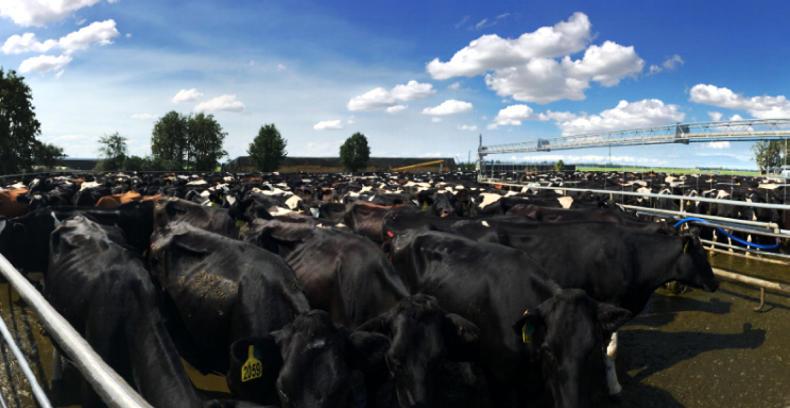
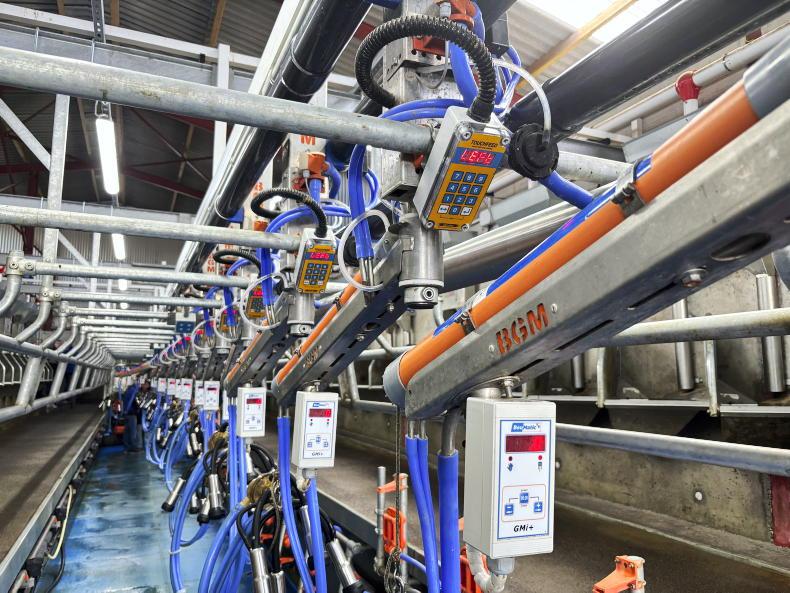

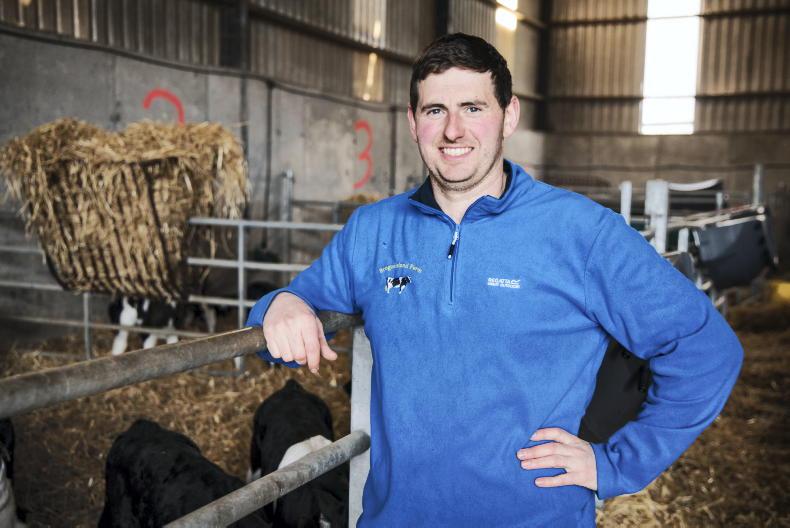
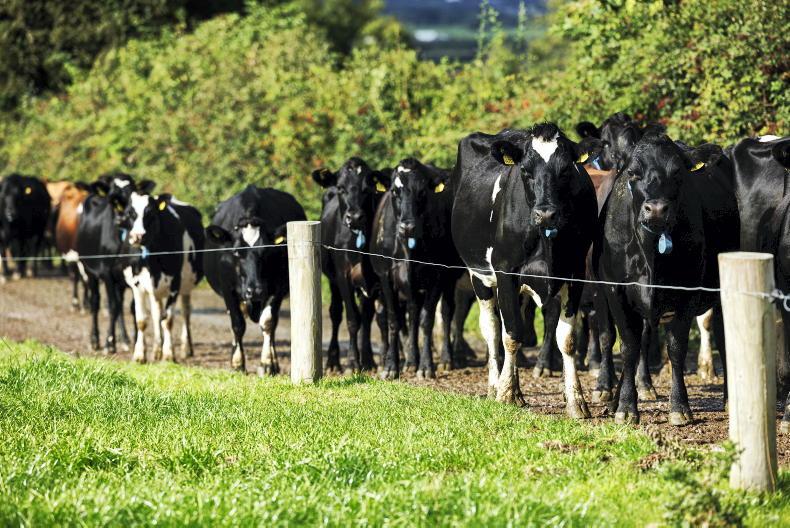
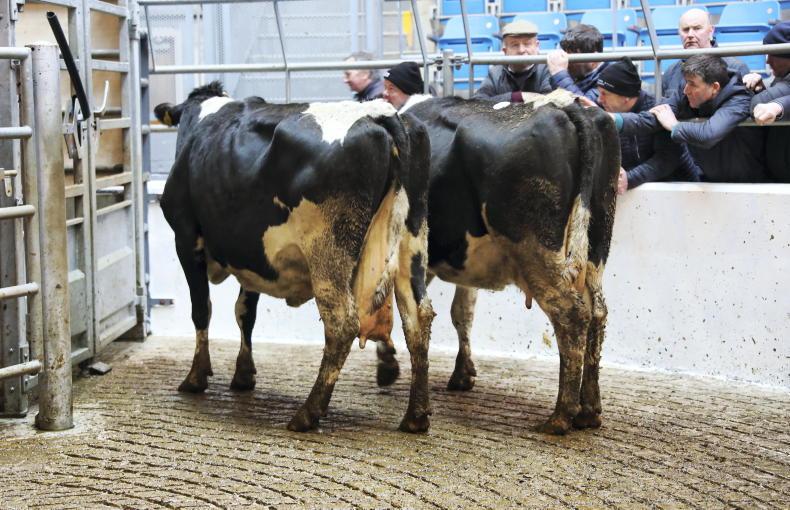
SHARING OPTIONS